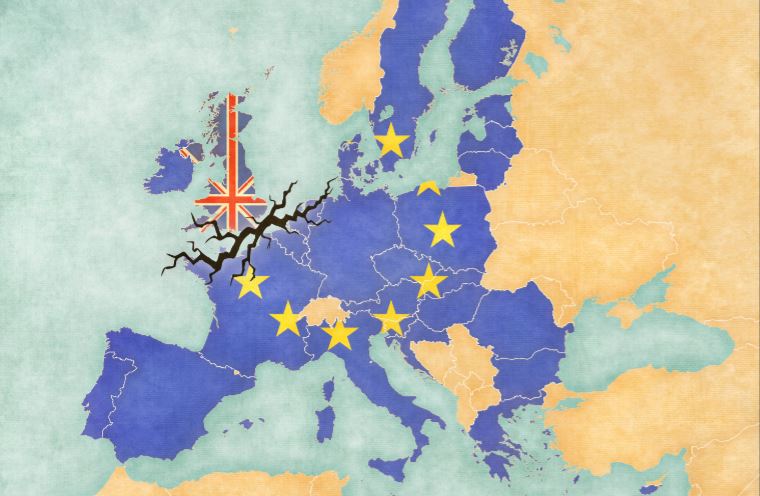Brexit could hinder CAR-T reimbursement in Europe

Brexit and the rise of nationalism in Europe could hinder patients' access to pricey CAR-T therapies across Europe, a conference heard.
In England, the NHS, NICE and the government have joined forces to make CAR-T therapies available to patients, working closely with manufacturers of approved therapies, Gilead and Novartis.
But there were concerns about how Brexit will affect matters across Europe at Kisaco Research’s CAR-T Congress EU, as NICE is already losing its influence as the UK prepares to leave Europe.
Fiona Thistlethwaite, medical oncology consultant at The Christie NHS Foundation Trust, mentioned the issue during a panel debate in the conference in London.
She raised concerns about “the B-word” and how it may hinder discussions across Europe on pricing, where NICE had previously been highly influential.
And Anna Prokůpková, policy and project officer at the Association of European Cancer Leagues, added that nationalism on the continent is preventing use of any pan-European health technology assessment (HTA) that could be used to make CAR-Ts more accessible in countries in Eastern Europe.
Only the UK, Germany and France have reimbursed CAR-Ts in the EU, and Switzerland has separately decided to reimburse CAR-Ts too, said Prokůpková, who represents an umbrella group of 26 charities from 23 countries.
This leaves Eastern European members out in the cold when it comes to reimbursement, and she said there is a need for a joined-up HTA process across the EU to improve market access.
Efforts to introduce pan-European HTA have been handled until now by EUnetHTA, a pan-European network that has already produced assessments for conventional drugs.
But the system is not mandatory as pricing decisions are taken individually by member states, and Germany and France already have their own HTA systems in place.
EUnetHTA is only in place until 2020 anyway, leaving the HTA and pricing landscape unclear, along with the path to market in the smaller EU nations.
Prokůpková said that “there is a lot of nationalism” and that is preventing implementation of a standardised HTA process for any drugs, let alone cutting-edge therapies such as CAR-T.
The Romanian presidency has tried and failed to prioritise pan-European HTA but immediately abandoned proposals because discussions with other nations foundered.
She hopes that the new Commission set to begin work in June following a round of European Parliament elections will not drop proposals for European HTA that are currently doing the rounds in Brussels.
The proposals were from the current set of commissioners who may lose their place after the elections.
“We are hopeful that the next Commission will not withdraw the proposal,” she told the conference.











